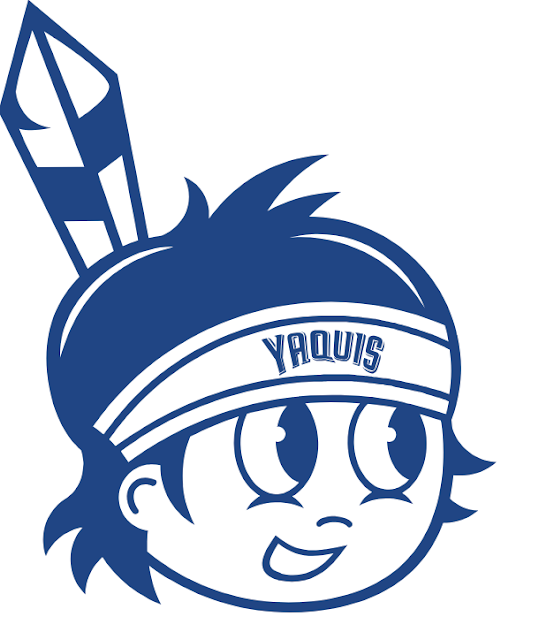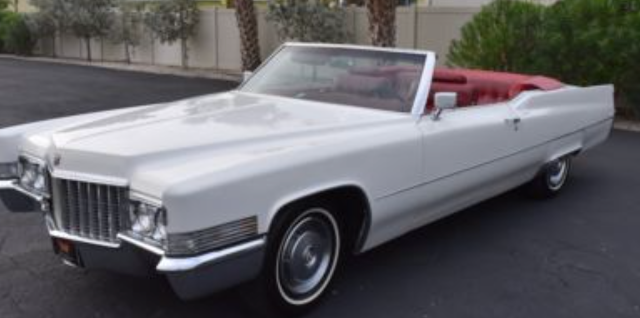One late afternoon late in the summer way back in 1975 when I toiled under the unforgiving sun as I manned third base for the Saraperos de Saltillo in the Mexican Baseball League, I was getting dressed in my warm-ups. Hector walked over to the worn wooden bench underneath the dripping pipe above my cubby. I was lacing up my black leather Riddell spikes which I had brought in my duffle all the way from New York.
"Jorge," Hector said, "Buentello is feeling sick. He said he is dizzy."
"He's not always dizzy?"
"You have a point. But tonight, he is more dizzy than usual and cannot catch."
Gonzalo Bustamante had just joined the team from the Yaquis of Ciudad Obregón, a lesser team in the Mexican Pacific league. Hector had shifted me to right field and put the newcomer at third. After eight games, Bustamante was batting an even .400 and had already amassed seven RBIs.
"I would like you behind the plate tonight."
"What about Gordo," I asked. Gordo Batista was our backup backstop and our full-time bus driver.
"As a catcher," Hector said, "Gordo is a good bus driver. I will put either Andrade or Cervantes or Ibarra in for you. Whoever hits the ball best when we are warming up. And you will be behind the plate. Yturbe is pitching. He is steady."
"As a catcher," I answered, "I am a good third baseman."
"It is only for this one night, until Buentello recovers his balance."
Hector left my side and brought me a spare set of teal-highlighted catcher's gear.
"Tonight you will wear the tools of ignorance."
"I didn't know it showed," I said, adjusting the straps to my left shinguard.
As much as I hated catching, I hated it less than playing in the outfield, where Hector had stuck me since Bustamante joined the squad. I hated being away from the center of the game, far away from the action. At least catching had me in the center of things where my mind had less of a propensity to wander.
Right field was a notoriously lonely outpost, the Alcatraz of the baseball field. Xavi Liberto played there at the start of the season until his batting average fell below his weight. One night to pass the time he hid a small parakeet he had captured in his glove so he had someone to talk with. When a line drive was sent his way, without thinking he grabbed the ball and in the process crushed to death the small yellow bird he had hidden.
As most games did that long summer so long ago, this one faded into the ones before and the ones to come. Though Yturbe was strong that night and we were up by two going into the ninth, he faltered just when we thought we were home free.
With two down, the Olmecs put two men on and their next batter hit a long one to right that took a hop over Ibarra's head. Two runs were in when Adame, in short right, relayed Ibarra's throw to me, unfortunately about two or four feet too high.
I leaped to catch it, and that's the last I remember until I woke up in the red leather front seat of a white Cadillac convertible that belonged to Don Jorge Torres Casso, the owner of the Saraperos. The Olmec's runner had crashed into me, safe. And I went flying to the wooden backstop breaking through two of the old, dry planks, and was knocked out for a good fifteen minutes.
We had no ambulance at El Estadio de Francesco I. Madura, so the boys dragged me to Casso's car and Casso drove me to the hospital in his car, cursing me for my dusty uniform against his clean leather seats. Dr. Jesus Verdusco, our backup shortstop, who was a third-year medical student in the off-season at Tecnológico de Monterrey, held my hand from his place in the seat behind me.
Casso, driving blindly, cursed the 15 minutes to the hospital. "My seats," he said. "You ass and your dirt on my seats. Why did they not put down a towel on the upholstery?"
He cursed me and so reminded me that the world had kept on spinning though the spinning of my head made it seem like it had stopped while I was blacked out.
After that night, I never again caught, not even batting practice.
Like I said, as a catcher, I was a good third-baseman.


No comments:
Post a Comment